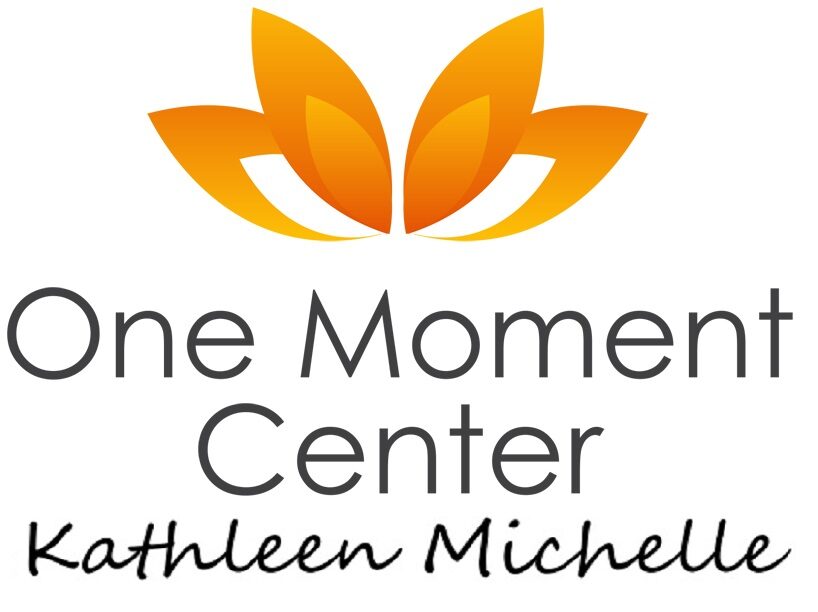October’s SHIFT: “Communicate Gooder”
This One Moment Shifts is about using Mindfulness to communicate in a more effective (or “gooder”) way that helps us to be less stressed and have better relationships.
If you’ve read Don Miguel Ruiz’s book, “The Four Agreements,” you know one of the four “Agreements,” is to, “Be impeccable with your word.” He encourages us to think about what we are going to say and how it will impact our self and others.
I would like to piggy-back off of this idea and encourage us all to be impeccable with our ears. By that I mean, let’s use mindfulness skills to truly listen to another’s words. Yep, the words. If you’d like a trusting, caring, understanding relationship (with your friend, partner, family member, boss, child, etc.) this is part of how we get there.
This is why I emphasize listening to the words. Our thinker (the thing in our skull that makes thoughts to make some kind of sense of the reality) is super good at making stuff up to make it fit the beliefs we already have. So the brain will take in what the other person is saying, then jumble it up to make it match something we are already thinking or believing. We’ve all experienced this. We’ve said one thing, someone heard something completely different, or visa versa. It’s frustrating and at times really damages trust and relationships.
So, to communicate “gooder,” I encourage you to slow down and hear the words that are being spoken. Slow down enough to observe the meaning your brain wants to make out of the words, then imagine what it would be like to drop the story and assumptions you are making. When we can strip away the assumptions (including what we think s/he means with that tone of voice s/he’s using) we listen more clearly. Then, we can respond in an effective way, instead of a defensive and damaging way.
In addition, when we’re using mindfulness while listening, we can catch the brain focusing on what we’re going to say next, how s/he is wrong and I’m right, our to-do list, etc. Staying in the moment includes putting what is currently being said at the focus priority list. This helps the other feel important and understood. I’m betting you know how good it feels when someone expresses how important you are to him/her by him/her taking the time to truly understand you and your perspective.
This skill of listening mindfully and listening “gooder” can take some time, especially if we have years of experience listening mindlessly. Be gentle with yourself, catch your thinker telling stories and losing focus when you can, and bring your attention back to the words. You’ve got this!
Peace and love on your personal journey!
Kathleen Sprole



